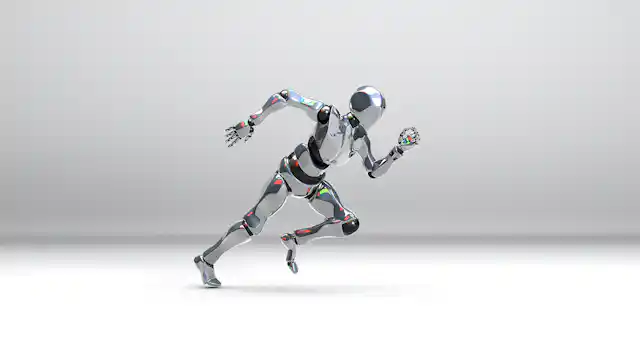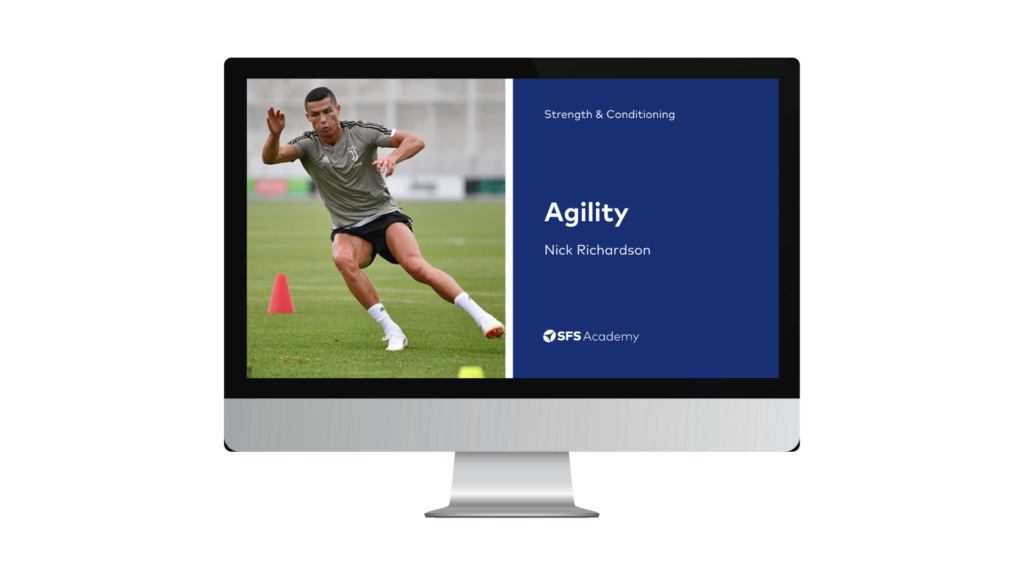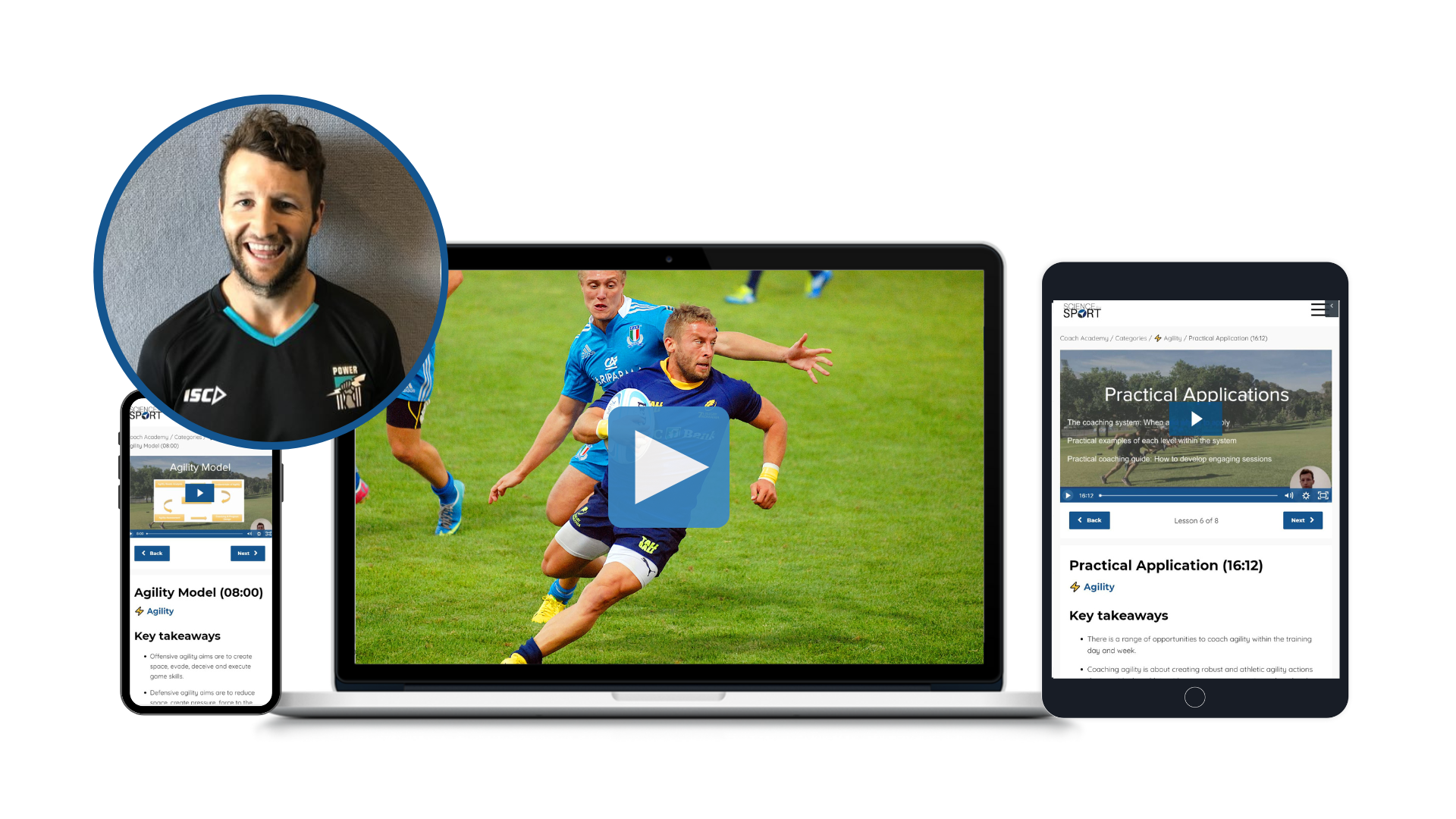This week in the world of sports science, here’s what happened…
- Can AI produce optimal training programs?
- How old is too old for resistance training?
- The overlooked and less common RDL variation
Can AI produce optimal training programs?

Artificial intelligence (AI) has become a significant force that has replaced many human skills. ChatGPT is an AI software that emulates human conversation. It is used to write essays, and computer programs, compose music, generate business ideas, and can now produce exercise programs.
A recent study examined ChatGPT’s ability to create 6-week running training programs. Expert running coaches evaluated three training programs generated by ChatGPT. The study produced several interesting findings. Firstly, ChatGPT was able to provide running training program recommendations. The more data provided to ChatGPT resulted in higher-rated training programs. However, none of the ChatGPT training programs were rated as optimal by the expert coaches.
The study highlights that although AI poses a threat to replace coaches, there are aspects of the coach-athlete relationship that AI cannot replace. Aspects such as motivation, monitoring, and training adjustments make coaches irreplaceable to AI.
How old is too old for resistance training?
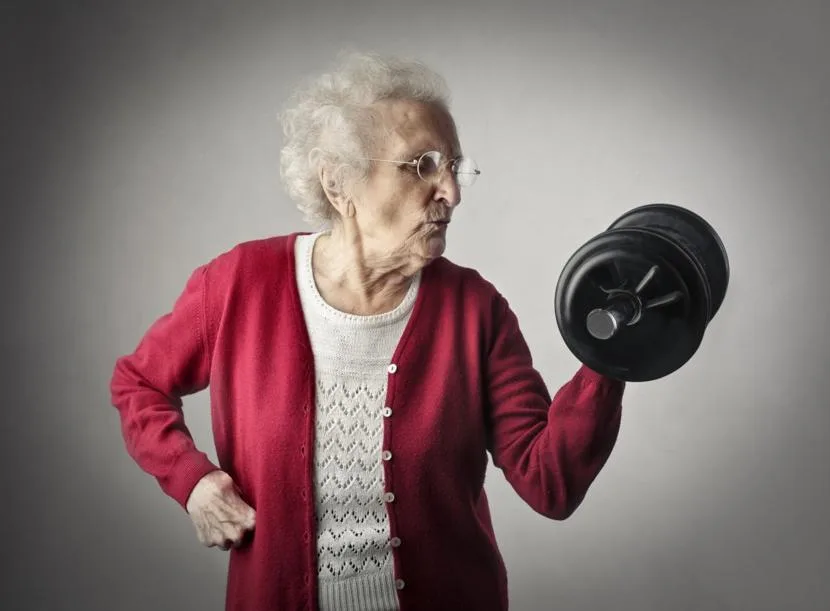
According to a recent study, it is never too late to begin resistance training. The study divided participants into two groups, one group consisting of 65-75-year-olds and the other group consisting of 85-year-olds and older. Both groups underwent three whole-body resistance training sessions per week for 12 weeks.
The study found that both groups experienced significant benefits due to the 12-week resistance training intervention. There was an increase in whole-body lean mass, quadricep cross-sectional area, and leg strength. Interestingly, there was no notable difference between the 65–75-year-old group and the 85-year-old and older group.
These findings reinforce the idea that resistance training is highly beneficial for older adults. Age is just a number, and you are never too old to “make them gains” from resistance training. If you are working with older adults, this study is worth checking out!
The overlooked and less common RDL variation
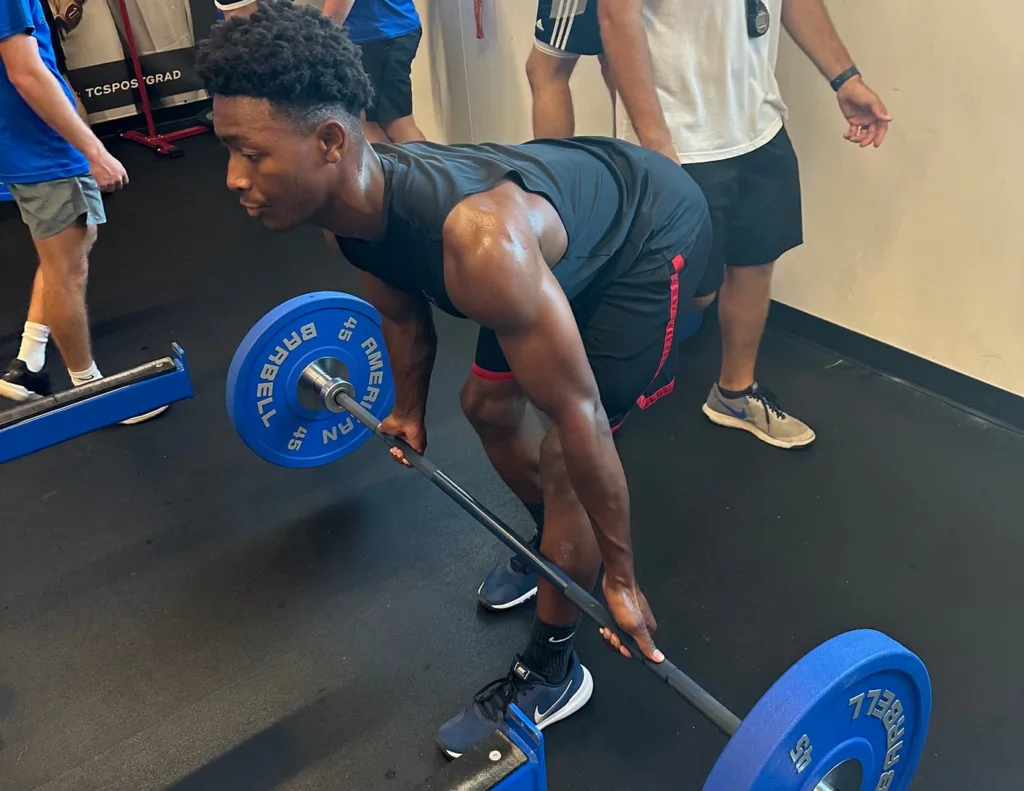
Matt Tometz has been regularly featured here at SFS Weekly due to his excellent content and he is back again with another great post! Last week, Tometz created a lot of engagement and interaction on LinkedIn with a post on staggered Romanian Deadlifts (RDLs).
The post includes a video of an athlete performing the staggered RDL. In the post, Tometz explains how he dislikes seeing athletes lose their balance while attempting to perform single-leg RDLs. Therefore, he suggests the use of the lesser-known staggered RDL instead. Tometz believes that the staggered RDL allows athletes to lift a heavy load while still being in a unilateral position and that it provides variation without too much variation.
A glance at the comments shows how well-received this post is by fellow coaches! If you are on LinkedIn, this post is worth checking out and engaging with!
We are lucky to have Tometz as a writer for Science for Sport and his blogs can be viewed here. Tometz has also been a regular guest on the Science for Sport podcast and his episodes listed below are worth checking out!
- Get Million Dollar Speed Using The Latest Sport Technology
- Optimising Youth Speed Training: They’re Not Just Small Adults
- How To Use Gym-Based Training To Rocket Your Speed
From us this week:
>> New course: Plant-Based Diets for Athletes
>> New podcast: Elite LTAD On A Shoestring Budget
>> New infographic: Plant-Based Diets for Athletes Sources of Dietary Protein
>> New article: 7 Best Adjustable Dumbbells – Home Gym Must Have
Access to a growing library of sports science courses
SFS Academy is an all-access membership to premium sports science education.
With SFS Academy, you’ll learn from some of the best coaches around the world as they teach you how to apply the latest research and practice with your athletes.
Get instant access when you join today on a 7-day free trial.
